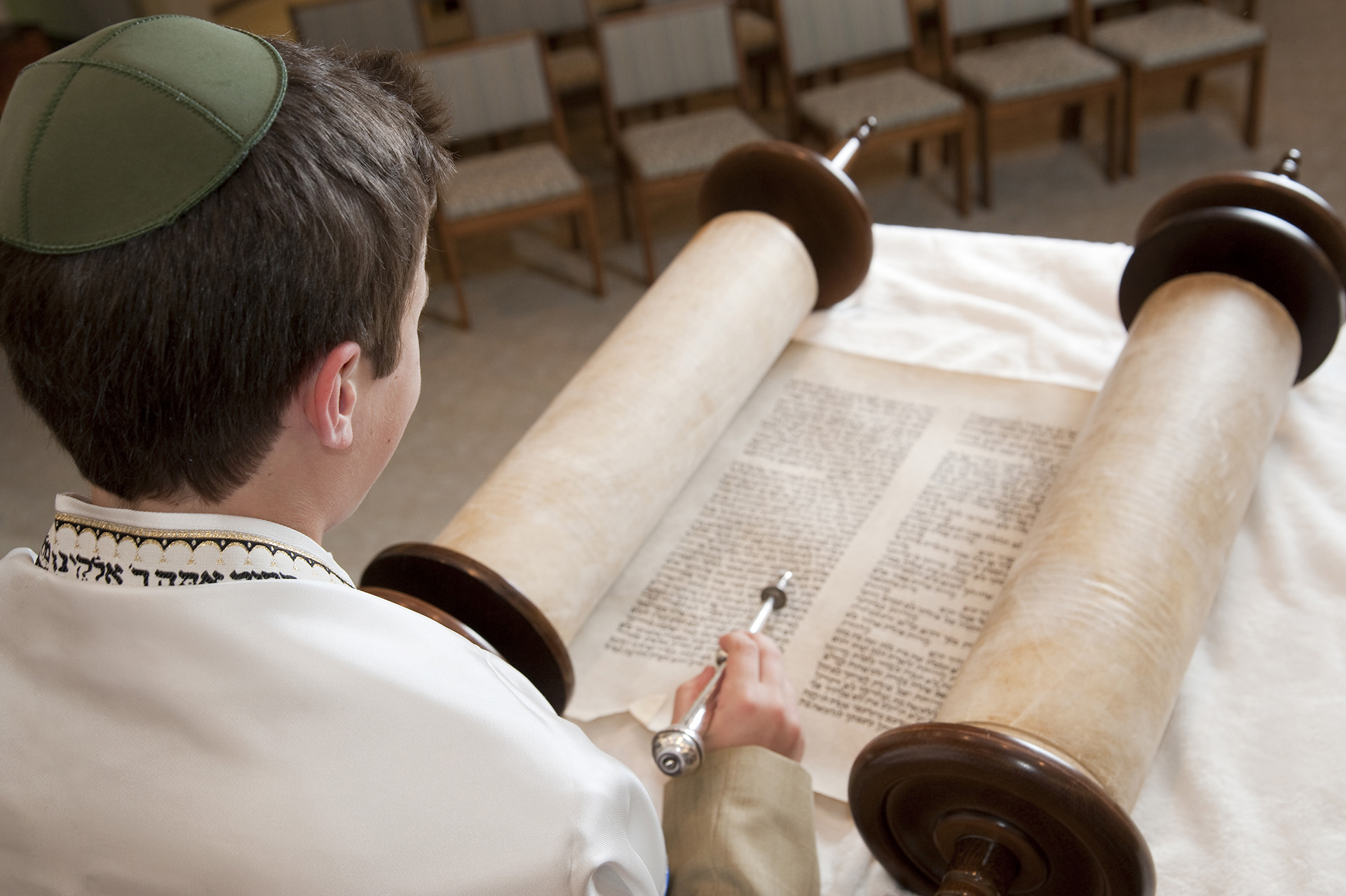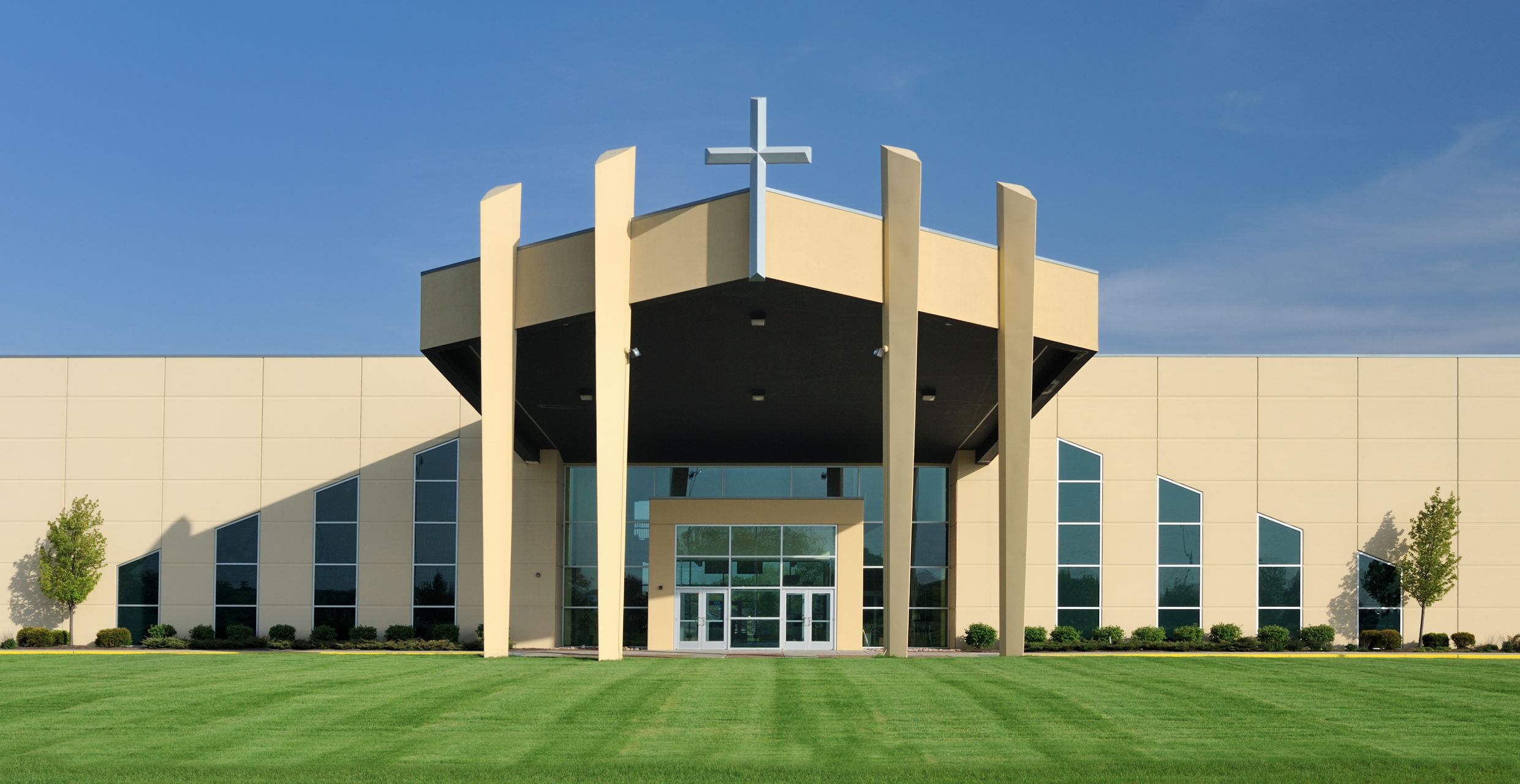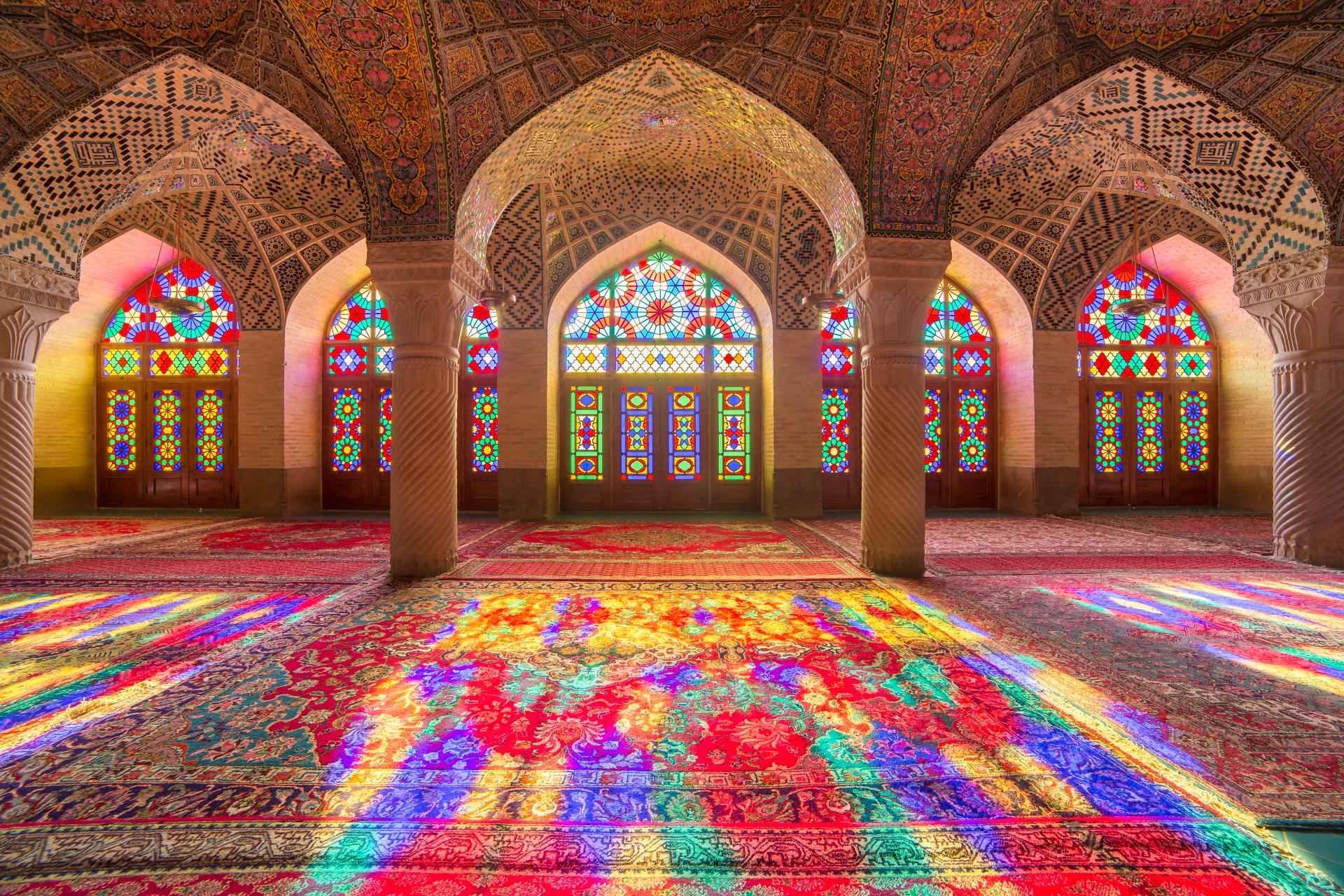Learning objective
- To find out why different places are important to people because of their beliefs.
Success criteria
- I can describe
This content is for subscribers only. Join for access today.
Religious Education Council Curriculum Framework for RE in England (non-statutory guidance):
- A1: Recall and
This content is for subscribers only. Join for access today.
Cross-curricular links
English
Spoken language
Pupils should be taught
This content is for subscribers only. Join for access today.
Before the lesson
This content is for subscribers only. Join for access today.
Lesson plan
Recap and recall
Arrange the children into pairs and hand out a copy of the Knowledge organiser to each pair. Display the Presentation: Knowledge organiser and ask the children to think of two questions to ask their partner about the unit. Remind the children that they need to know the answers to their questions.
This content is for subscribers only. Join for access today.
Extended-mode explainer videos
How to extend your display to view the lesson page and preseantion mode simultaneously. Choose your operating system below to watch the video
If you need further support with extending your display,
please contact [email protected].
Extended-mode explainer video: For Mac
Extended-mode explainer video: For Windows
Adaptive teaching
Pupils needing extra support
Could refer to the Knowledge organiser when completing the Activity: Connections; could cut and stick words from the word bank on the Activity: Connections.
Pupils working at greater depth
Could write their add their own words to the Activity: Connections; could explain their reasoning as to where they placed words; should circle words that are connected using coloured pencils.
This content is for subscribers only. Join for access today.
Assessing progress and understanding
Pupils with secure understanding indicated by: identifying where people who
This content is for subscribers only. Join for access today.
Vocabulary definitions
-
Alevi
A person who believes in a universal power and truth, Hakk (God).
-
Cem
The ceremony where Alevi people come together and worship Hakk.
This content is for subscribers only. Join for access today.
In this unit
Assessment resources
Lesson 1: Why do some Muslim people pray in a mosque?
Lesson 2: What can Orthodox churches suggest about some Christians’ beliefs?
Lesson 3: What can we learn by exploring different Christian places of worship?
Lesson 4: Why do some Jewish people go to a synagogue?
Lesson 5: Why do some Sikh people visit a gurdwara?
Lesson 6: What makes a place important to believers?




